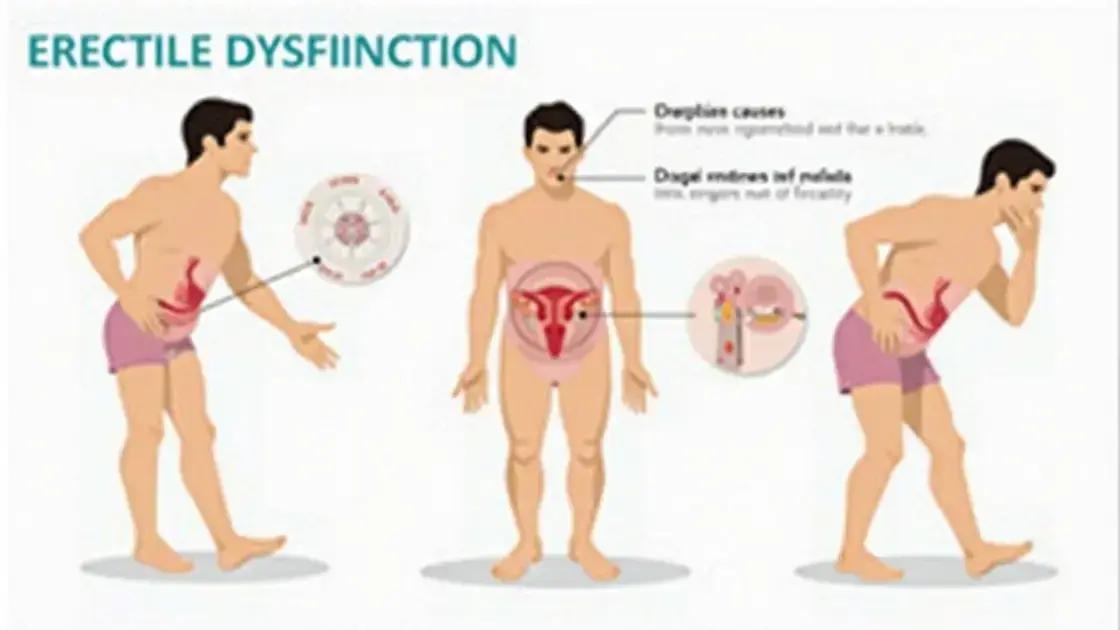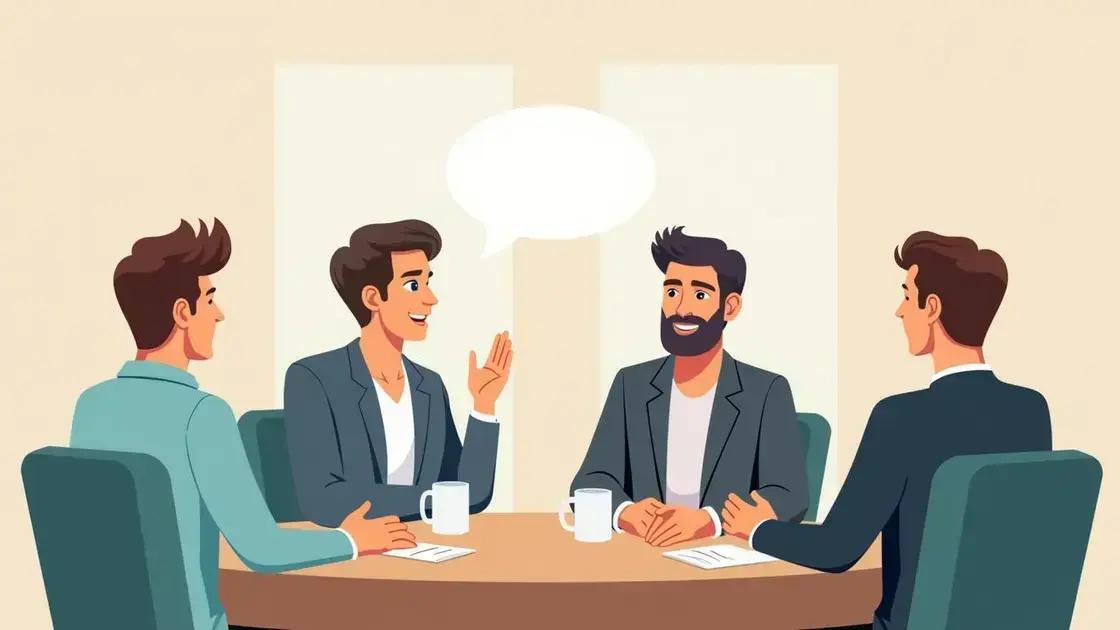Erectile dysfunction (ED) significantly impacts daily decision-making by affecting emotional health, self-esteem, and intimate relationships. Individuals often face psychological barriers like anxiety and decreased confidence, which can hinder social interactions and lead to avoidance behaviors. Effective coping strategies include open communication with partners, educating oneself about ED, practicing mindfulness, seeking professional support, and establishing a strong support network.
Erectile dysfunction (ED) can significantly affect various aspects of life, including daily decision-making. Men facing this condition may experience emotional turmoil, leading to stress and anxiety. Understanding how does erectile dysfunction impact daily choices helps shed light on the often-overlooked implications of this health issue. By addressing the psychological effects and exploring coping strategies, we can regain some control over decision-making processes that ED may hinder. Join us as we explore these critical aspects and learn how to navigate this challenge effectively.
Understanding Erectile Dysfunction

Erectile dysfunction (ED) is a common condition that affects men’s ability to achieve or maintain an erection. It can happen occasionally or be a persistent issue. Understanding ED is crucial for recognizing its potential impact on daily life. Physical health, psychological well-being, and relationship dynamics are deeply intertwined when it comes to this condition.
Causes of Erectile Dysfunction
ED can stem from various causes. Physical factors include medical conditions like diabetes, heart disease, and obesity. These health issues can restrict blood flow or hinder hormone levels essential for erections. Additionally, certain medications for other health concerns might contribute to erectile difficulties.
Psychological Factors
But it isn’t always physical. Psychological factors play a significant role in ED. Stress, anxiety, depression, and relationship problems can all contribute. The mind and body are connected, and mental health struggles can manifest physically.
Communicating About ED
Talking about erectile dysfunction can be challenging. Many men feel embarrassed or ashamed, which can lead to avoidance of the topic. Open communication with partners is essential. Individuals should feel comfortable discussing their experiences and seeking help, which can alleviate some emotional burdens.
Diagnosis and Treatment
If someone suspects they have ED, consulting a healthcare provider is a crucial step. Through a combination of physical exams, interviews, and possibly tests, a proper diagnosis can be made. Treatments can vary from lifestyle changes, medications, and therapy, to advanced options like injections or surgery, depending on the underlying causes.
Understanding erectile dysfunction not only empowers individuals but also encourages healthy conversations about men’s health issues, leading to better emotional and physical outcomes.
The Psychological Effects on Decision-Making

The impact of erectile dysfunction (ED) goes beyond physical symptoms; it can deeply affect a person’s mental state. Psychological effects can alter how individuals make decisions in their daily lives. When experiencing ED, men might struggle with feelings of inadequacy or low self-esteem. These feelings can lead to a heightened sense of anxiety.
Heightened Anxiety and Stress
Men dealing with ED often worry about how their condition affects their relationships. This concern can make everyday decisions, such as engaging in social events or intimacy, much harder. The constant worry may create a cycle of stress that further complicates decision-making.
Impact on Self-Identity
Erectile dysfunction can challenge a man’s perception of himself. When self-identity is tied to sexual performance, problems in this area can significantly lower self-worth. This negative perception can affect choices related to social interactions, career moves, and even health-care decisions.
Avoidance Behavior
Many men tend to avoid situations that may highlight their ED. This avoidance can extend to social gatherings where intimacy may be expected, leading to isolation. The decision to avoid these activities can have a long-term impact on mental health and relationships.
Influence on Relationships
The psychological effects of ED can strain romantic relationships. Fear of rejection or judgment can lead to hesitance in discussing needs and desires with partners. Effective communication is essential for maintaining healthy relationships, but ED can hinder this process.
Seeking Help
Understanding the psychological burden of ED can motivate individuals to seek help. Therapy and counseling can provide valuable support, helping men process their feelings and improve their decision-making skills. Overcoming psychological obstacles is often essential for regaining confidence and control in daily life.
How Relationships are Affected

Erectile dysfunction (ED) can significantly affect romantic relationships. It is not just a personal issue; it also impacts partners. Understanding these effects can help couples navigate the challenges posed by ED.
Emotional Distance
When one partner struggles with ED, it can create emotional distance. The affected individual may feel embarrassed or ashamed. This can lead to withdrawal from intimate moments, making partners feel neglected. As a result, emotional connection can weaken.
Increased Tension and Conflict
Discussing ED can be difficult, leading to misunderstandings. One partner may think the other is no longer interested. This misconception can cause tension and conflict. The focus on sexual performance can overshadow the emotional aspects of the relationship.
Impact on Intimacy
Intimacy is essential in a romantic relationship. When ED interferes with physical connection, partners may feel frustrated or rejected. It can lead to a cycle of disappointment, where both may start to avoid intimacy altogether.
Communication Challenges
Effective communication is key in any relationship. Many men with ED find it hard to talk about their issues, fearing judgment. Partners may feel left out and uncertain about how to support their loved one. Honest discussions are critical for maintaining a healthy relationship.
Seeking Support Together
Couples can benefit from seeking support together. Therapy can provide a safe space to discuss feelings and frustrations. Couples who approach ED as a shared challenge often find a stronger bond. It allows them to explore alternatives and strengthen their relationship.
Erectile Dysfunction and Confidence

Erectile dysfunction (ED) can have a significant impact on a man’s confidence. The ability to perform sexually is often tied to self-esteem and self-worth. Feeling inadequate can spill over into other areas of life, leading to a decrease in confidence overall.
Self-Perception
When a man experiences ED, he may start to view himself through a negative lens. This internal criticism can shape his thoughts and feelings about himself. The struggle with self-image can lead to anxiety, making it difficult to engage in conversations or social situations.
Effects on Everyday Life
Low confidence due to ED can affect daily decision-making. Men may avoid situations where intimacy may be expected or situations that make them vulnerable. This can lead to isolation from friends or family and a reluctance to pursue new relationships.
Performance Anxiety
When thinking about sexual encounters, men may worry about their ability to perform. This performance anxiety can intensify feelings of inadequacy. As a result, this stress can create a vicious cycle where anxiety worsens ED, making the initial confidence issues even more pronounced.
Communication Barriers
Men may struggle to express their feelings about ED to their partners, fearing judgment or rejection. This lack of communication can further erode self-esteem. Partners may misinterpret avoidance as lack of interest, leading to emotional distance and exacerbating the confidence issues.
Building Confidence Back
Seeking professional help, like therapy or counseling, is vital for regaining confidence. Therapists can help men explore their feelings and develop coping strategies. Building confidence takes time and support, but it is an achievable goal with the right approach.
Coping Strategies for Better Decision-Making

Coping with erectile dysfunction (ED) can be challenging, but there are strategies that can help improve decision-making. By focusing on self-care, communication, and seeking support, individuals can navigate this condition more effectively.
Open Communication
Talking openly with partners about ED is crucial. Discussing feelings helps build trust and reduces anxiety. When both partners understand what is happening, it can lead to a supportive environment, making decision-making easier.
Educate Yourself
Learning about ED can empower individuals. Understanding its causes, effects, and treatment options can lessen fear and anxiety. Knowledge helps in making informed choices regarding health and relationships.
Practice Mindfulness
Mindfulness techniques, such as meditation or deep breathing, can reduce stress. Mindfulness encourages individuals to focus on the present instead of worrying about past performance. This practice can help clear the mind, allowing for better decision-making.
Seek Professional Help
Consulting healthcare professionals or therapists can provide valuable guidance. Therapy can help address underlying issues affecting self-esteem and decision-making. Professionals can offer coping strategies tailored to individual needs.
Establish a Support Network
Having a support network of friends or family can make a big difference. Sharing experiences and feelings can alleviate the burden. Engaging with others who understand the challenges of ED can lead to fresh perspectives and thoughtful decision-making.
Understanding and Addressing Erectile Dysfunction
Erectile dysfunction can significantly impact various aspects of life, including daily decisions, psychological well-being, self-confidence, and relationships. By recognizing the challenges it presents, individuals can better navigate the complexities of this condition.
Implementing effective coping strategies, fostering open communication, and seeking professional support are essential steps toward managing ED’s effects. Educating oneself about the condition offers empowerment and clarity, enabling better decision-making.
Ultimately, understanding erectile dysfunction not only aids in coping with its challenges but also opens doors to healthier relationships and improved self-esteem. By addressing this condition with support and knowledge, individuals can reclaim control over their lives.
FAQ – Frequently Asked Questions about Erectile Dysfunction and Daily Decision-Making
What is erectile dysfunction?
Erectile dysfunction (ED) is the inability to achieve or maintain an erection suitable for sexual activity. It can be caused by physical or psychological factors.
How does erectile dysfunction affect relationships?
ED can lead to emotional distance, increased tensions, and communication barriers, which can strain relationships and make intimacy challenging.
What are the psychological effects of erectile dysfunction?
ED can lead to decreased self-esteem, anxiety, and performance pressure, which negatively affect decision-making and overall mental health.
What coping strategies can help with erectile dysfunction?
Coping strategies include open communication with partners, education about the condition, mindfulness practices, seeking professional help, and building a support network.
Can erectile dysfunction impact decision-making in daily life?
Yes, the stress and emotional burden of ED can affect a person’s ability to make decisions, as it may lead to avoidance behavior and reduced self-confidence.
Is it important to seek professional help for erectile dysfunction?
Yes, consulting healthcare professionals can provide valuable guidance for managing ED and its effects on emotional health and relationships.













